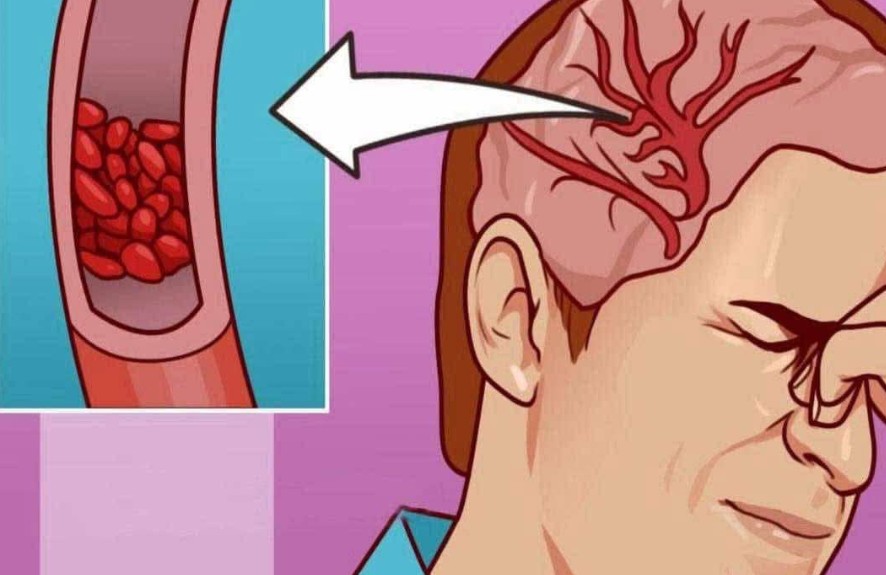Magnesium is a mineral crucial for hundreds of biochemical reactions taking place inside our bodies.
Among the rest, magnesium plays an essential role in supporting healthy nerve function, maintaining normal blood pressure, regulating muscle contractions, and promoting a strong immune system. It contributes to the structural development of the bones and is required for the synthesis of DNA, RNA, and the antioxidant glutathione.
However, despite the role it plays for the overall well-being of human body, many people don’t get enough of it, which can lead to certain health conditions.
In today’s fast-paced world, magnesium deficiency is a common issue. Some of the reasons that lead to this deficiency is the consumption of over-processed food, increased dairy consumption, aluminium exposure, alcohol consumption, age, as well as certain conditions such as Crohn’s disease and kidney issues.
How can a person know if they have low levels of magnesium in their body?
There are a number of symptoms, and most common are:
- Muscle cramps and twitches
- Weakened bones and muscles
- Raised blood pressure
- Irregular heartbeats
- Asthma
- Reduced appetite
- Dizziness
- Migraines
- Bowel Disease
- Fatigue
- Insomnia
- Tooth Decay
- Anxiety
- Confussion
- Seizures
If you suspect that you are low in magnesium, you should see a doctor and run tests to determine if this is the cause of some of the symptoms listed above.


Залишити відповідь